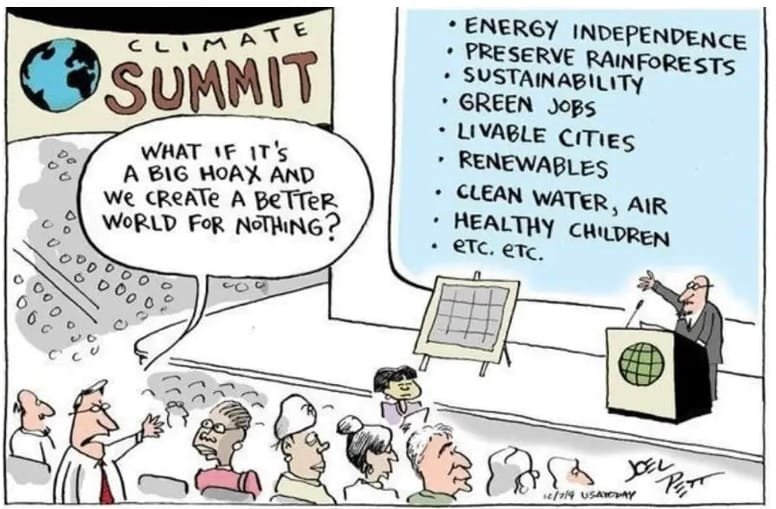- Why Climate Resilience Matters: Your Personal Gains
- 1. More Money in Your Pocket
- 2. Healthier Bodies, Healthier Homes
- 3. Freedom from Clutter and Consumer Pressure
- 4. Everyday Comfort You Can Feel
- 5. Time You Didn’t Know You Were Losing
- 6. Built-In Resilience in Uncertain Times
- 7. Prepared While Others Panic
- 8. A Cleaner, Safer Personal Environment
- 9. A Deep Sense of Satisfaction
- 10. Future-Proofing Your Life
Personal Gains from Climate Resilience Actions

Why Climate Resilience Matters: Your Personal Gains
Climate resilience isn’t just about preparing for floods, wildfires, or extreme weather—it’s about redesigning our lives to be more stable, adaptable, and fulfilling.
Beneath the surface of sustainable living lies a series of powerful, often surprising advantages that ripple through our health, finances, homes, and communities.
Here’s how making thoughtful, climate-smart choices today can enrich your everyday life, often immediately.
1. More Money in Your Pocket
Every step toward energy efficiency—LED lighting, improved insulation, lower thermostat settings—translates into real financial savings.
Owning less and buying less means more money stays in your wallet.
Fewer car trips and more time on foot, bike, or transit isn’t just good for the planet—it’s a major break for your gas budget.
2. Healthier Bodies, Healthier Homes
A well-ventilated, toxin-reduced home with cleaner air can reduce respiratory issues, allergies, and chronic irritation.
Eating locally and minimally processed food supports better nutrition, while walking or biking more adds movement into your routine, often reducing stress and boosting heart health.
3. Freedom from Clutter and Consumer Pressure
Living with less can be a profound shift. Fewer possessions mean less to clean, maintain, and manage. It’s not just about having a tidy space—it’s about having more mental space.
Secondhand and upcycled finds aren’t just budget-friendly; they add character and sustainability. Tools like the “BuyNothing” app are part of a change in how we value and share resources.
4. Everyday Comfort You Can Feel
Simple home upgrades like sealing drafts or insulating walls make a noticeable difference: warmer winters, cooler summers, and a more stable indoor climate.
Less waste going out the door also means fewer messy garbage runs and a calmer, cleaner home environment.
5. Time You Didn’t Know You Were Losing
When you need less, you shop, maintain less, and stress less. That time comes back to you.
Growing even a small portion of your food can reduce dependence on grocery stores, and the freshness is unmatched. Pick a few herbs or vegetables you love, but are pricey, or less than fresh in the supermarket. They can transform your cooking— and your week.
6. Built-In Resilience in Uncertain Times
Solar panels, backup batteries, or simple power-down strategies can keep your household functioning during outages.
Also, transfer switches allow you to switch from your main power to a generator.
Food supply disruptions or inflation? Local food networks and homegrown produce help cushion the blow.
Less dependence on rising costs (gas, heating, and even goods) brings peace of mind.
7. Prepared While Others Panic
When energy prices rise or shortages hit, your earlier efforts will pay off. Resilient homes, efficient systems, and thoughtful habits put you miles ahead of the reactive scramble.
8. A Cleaner, Safer Personal Environment
Reducing single-use plastics and switching to natural cleaning products doesn’t just help the planet—it reduces your own exposure to hormone disruptors, airborne irritants, and microplastics in your food and water.
9. A Deep Sense of Satisfaction
Small sustainable actions can offer a surprisingly strong morale boost. Whether it’s fixing instead of tossing, or cutting your waste in half, these are tangible wins that reconnect you to your own agency.
You’re no longer just hoping for change—you’re actively shaping it.
10. Future-Proofing Your Life
Policy is shifting. Incentives for solar energy, heat pumps, electric vehicles, and home retrofits are growing—and so are penalties for wasteful systems. Acting now means you reap the benefits, not just avoid the costs.
Under the Surface, climate resilience reveals itself as a survival strategy. A framework for a more grounded, intentional, and rewarding life. It’s about building a lifestyle that holds up when things get tough—and feels better even when they don’t.
